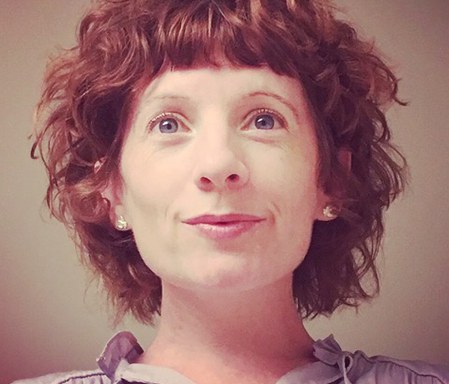Thanks to those of you who tuned in to our January Nature Night, A Closer Look at Microplastics! It was an educational and engaging presentation from Dr. Susanne Brander.
You can watch a recording of her presentation here, and read some quick takeaways from her talk below
A Closer Look at Microplastics Takeaways and Resources:
During her presentation, Dr. Susanne Brander shared an up close look into the complexities of the tiny world of microplastics. Plastics are more prevalent than ever before in history. Dr. Brander shared that as of 2015, 6300 metric tons of plastic waste have been generated, and 79% of it accumulates in landfills and the environment. If current trends continue, 12,000 metric tons of plastic waste will be in landfills or the environment by 2050. She made it clear "humans are a part of the plastisphere." From the air to our water and the food we eat, studies are showing that these small plastic particles are affecting our world. How much this plastic is affecting people though, Dr. Brander and researchers around the world are still trying to figure that out. She noted that though science does not fully understand the affects of microplastic pollutants on fish, in our waterways, and in our lives--there are already actions we can all take to help stem the plastic tide.
What you can do about it:
- Source Reduction
With plastic consumption continuing to increase, the best action we can take is to reduce our plastics consumption. - Circular Economies
One way to reduce our plastic consumption is to consider circular economies and to promote reusable alternatives! Check out the circular economy model Dr. Brander mentioned in her talk, Loop. - Vote with your dollar
Buy second hand, purchase items made from natural materials like cotton or wool instead of polyester, and support businesses that provide sustainable options. - Change current habits
Think about your current habits, like how you do your laundry, and consider ways you might be able to reduce your own microplastic impacts. - Keep up to date
In 2019, the Oregon Senate banned single-use plastic bags, and additional local, statewide, and federal legislation is in the works to help tackle microplastic pollution. Keeping an eye on other efforts via your elected officials could make a big difference for our future.
Additional resources:
- Explore the latest updates from the Brander Lab at Oregon State University!
- Learn more about work being done to understand microplastic pollution in our region with the Pacific Northwest Consortium on Plastics.
- Take an even closer look, watch this video to learn more about Nanoplastics.
- Take a closer look at tires! Learn how tire wear affects our waterways, and what you can do about it.
- Learn more about how microplastics are affecting whales and salmon.
- What about bioplastics?

Dr. Susanne Brander has been faculty at Oregon State University since 2017, after moving from the University of North Carolina, Wilmington where she was faculty for 4 years. Dr. Brander’s research encompasses the fields of toxicology, endocrinology, and ecology; integrating molecular approaches with measurements at the organism and population level. Dr. Brander’s main focus is on the effects of stressors such as emerging pollutants, plastics, and changing climate on aquatic organisms, but her research and teaching also spans the links between ecological and human health. She has a Ph.D. in Toxicology and Pharmacology from UC Davis (2011), and an M.S. in Environmental Science and Policy from Johns Hopkins University (2005). She has presented on plastic pollution to the legislature in Salem and on Capitol Hill in Washington, D.C.
Learn more:
- Microplastics: What are they?
- A few tips for more sustainable living.
- Nature Nights, join us live for our next presentation!


